Bird Flu outbreak in Lancashire: The symptoms and how it spreads to humans
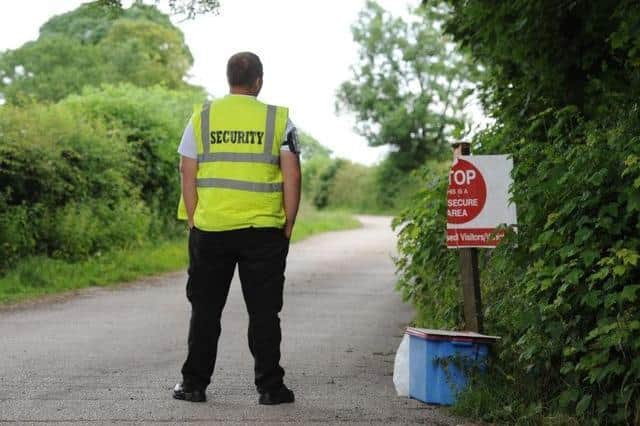

This is what the NHS says about Bird Flu, including advice on how it spreads to humans, how you can protect yourself, the symptoms and treatment available.
What is Bird Flu?
Bird Flu, or avian flu, is an infectious type of influenza that spreads among birds and in rare cases, can affect humans.
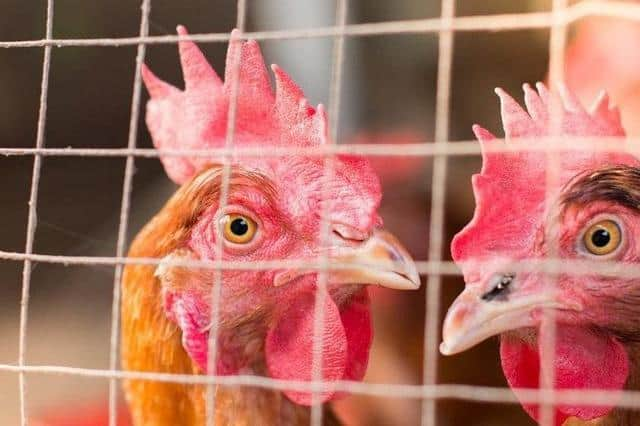

Advertisement
Hide AdAdvertisement
Hide AdThere are lots of different strains of bird flu virus and most of them do not infect humans. But there are four strains that have caused concern in recent years.
One of these strains - H5N1, which was first detected in 1997 - has been confirmed at the poultry farm in Salwick.
The other 3 strains are H7N9 (since 2013), H5N6 (since 2014) and H5N8 (since 2016).
Although H5N1, H7N9 and H5N6 do not infect people easily and aren't usually spread from human to human, several people have been infected around the world, leading to a number of deaths.
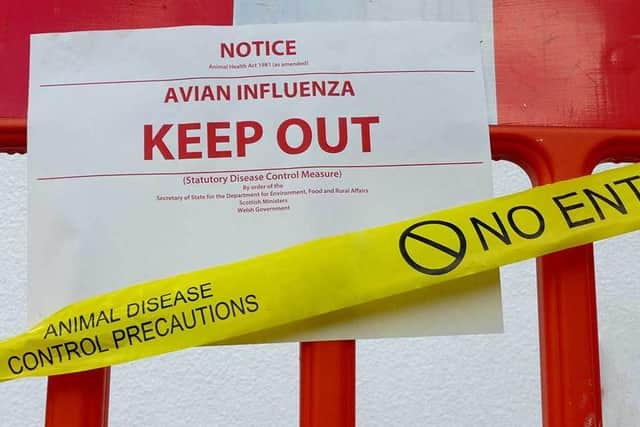

Advertisement
Hide AdAdvertisement
Hide AdIn February 2021, H5N8 was found to have infected a small number of people for the first time, in Russia.
Bird Flu in the UK
No humans have been infected with H5N1, H7N9, H5N6 or H5N8 Bird Flu in the UK – this includes the type of H5N6 virus recently found in humans in China.
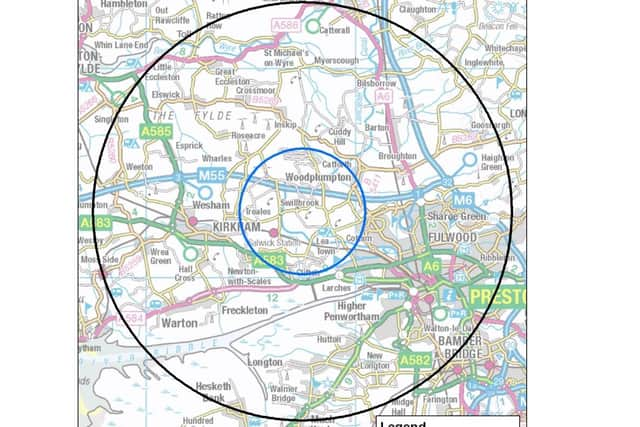

But Defra (Department for Environment, Food and Rural Affairs) say plans are in place to manage any suspected outbreaks in Britain.
H5N8 and H5N1 bird flu have been found in some poultry, other captive birds and wild birds in the UK, including Lancashire.
Advertisement
Hide AdAdvertisement
Hide AdH5N6 has also been found in some wild birds in the UK but is a different strain to that seen in China.
How Bird Flu spreads to humans
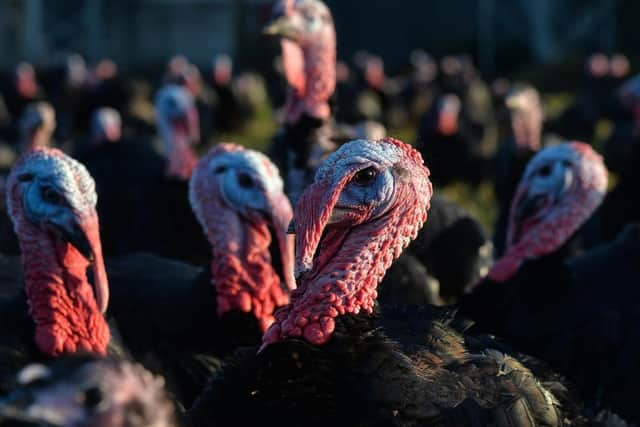

Bird flu is spread by close contact with an infected bird (dead or alive).
This includes:
- touching infected birds
- touching droppings or bedding
- killing or preparing infected poultry for cooking
Markets where live birds are sold can also be a source of bird flu.
But it is important to remember that you cannot catch bird flu through eating fully cooked poultry or eggs, even in areas with an outbreak of bird flu.
Advertisement
Hide AdAdvertisement
Hide AdThere is no Bird Flu vaccine and the seasonal flu vaccine does not protect against the virus, but there are several things you can do to reduce the risk of catching the virus.
Things you can do to prevent Bird Flu
- wash your hands often with warm water and soap, especially before and after handling food, in particular raw poultry
- use different utensils for cooked and raw meat
- make sure meat is cooked until steaming hot
- avoid contact with live birds and poultry
What you shouldn't do
- do not go near or touch bird droppings or sick or dead birds
- do not go to live animal markets or poultry farms
- do not eat undercooked or raw poultry or duck
- do not eat raw eggs
Symptoms of Bird Flu
The main symptoms of bird flu can appear very quickly and include:
- a very high temperature or feeling hot or shivery
- aching muscles
- headache
- a cough or shortness of breath
Other early symptoms may include:
- diarrhoea
- sickness
- stomach pain
- chest pain
- bleeding from the nose and gums
- conjunctivitis
Advertisement
Hide AdAdvertisement
Hide AdIt usually takes 3 to 5 days for the first symptoms to appear after you've been infected.
Within days of symptoms appearing, it's possible to develop more severe complications such as pneumonia and acute respiratory distress syndrome.
Getting treatment quickly and using antiviral medicine might prevent complications and reduce the risk of developing severe illness.
When to seek medical advice
Call a GP or NHS 111 if you experience any symptoms of Bird Flu and have visited an area affected by Bird Flu in the past 10 days.
Your symptoms can be checked over the phone.
What a doctor can do
Tell the doctor if you have:
Advertisement
Hide AdAdvertisement
Hide Ad- recently travelled to an area affected by bird flu and if you've been close (within 1 metre) to live or dead birds
- had close contact (touching or speaking distance) with anyone who has a severe respiratory illness
- had contact with anyone who died unexpectedly and was from an area that had an outbreak
These tests can be done to confirm bird flu:
- a nose and throat swab to see if they contain the virus
- if you're coughing up phlegm this may be tested for the virus
- If the tests are normal, it's unlikely you have Bird Flu.
Treatment for bird flu
Advertisement
Hide AdAdvertisement
Hide AdIf you think you might have symptoms of Bird Flu you'll be advised to stay at home, or you'll be cared for in hospital in isolation from other patients.
You may be given an antiviral medicine such as oseltamivir (Tamiflu) or zanamivir (Relenza).
Antiviral medicines help reduce the severity of the condition, prevent complications and improve the chances of survival.
They are also sometimes given to people who have been in close contact with infected birds, or those who have had contact with infected people, for example family or healthcare staff.
Reporting suspected cases of Bird Flu
Advertisement
Hide AdAdvertisement
Hide AdBird flu is a notifiable disease in animals, so you should report any suspected case in animals to the Animal and Plant Health Agency (APHA), even if you're not sure.
Call the Department for Environment, Food and Rural Affairs (Defra) helpline on 03459 33 55 77 if you find dead wild birds.
To prevent infection it is important not to touch or pick up any dead or visibly sick birds that you find.
The advice and information in this explainer article was provided by the NHS. You can find more information on the NHS website here.
Comment Guidelines
National World encourages reader discussion on our stories. User feedback, insights and back-and-forth exchanges add a rich layer of context to reporting. Please review our Community Guidelines before commenting.
